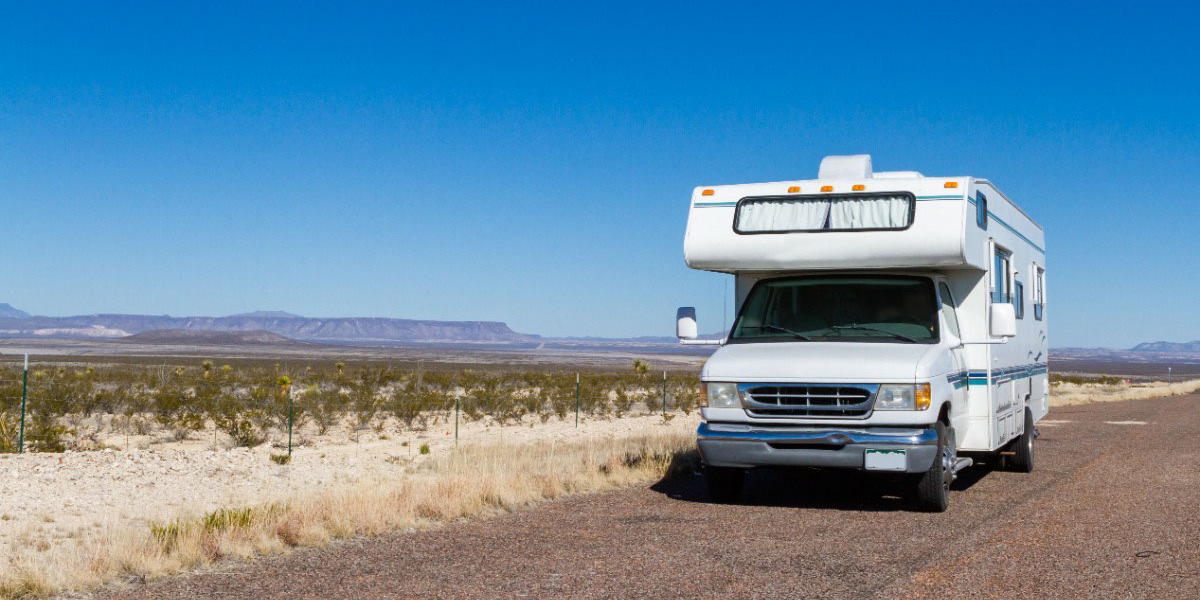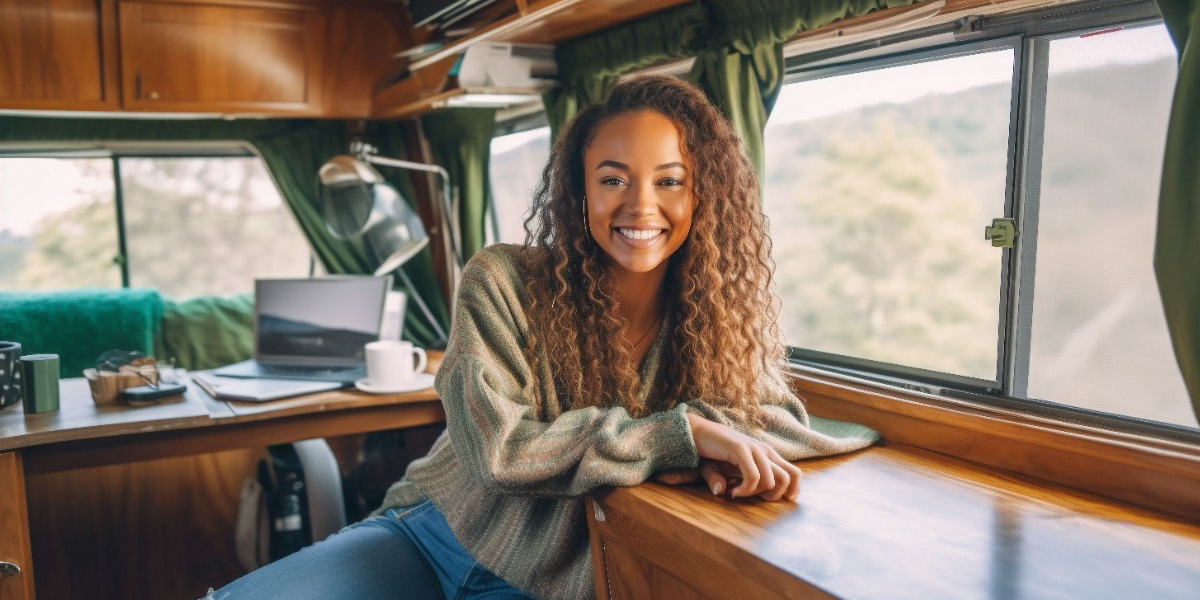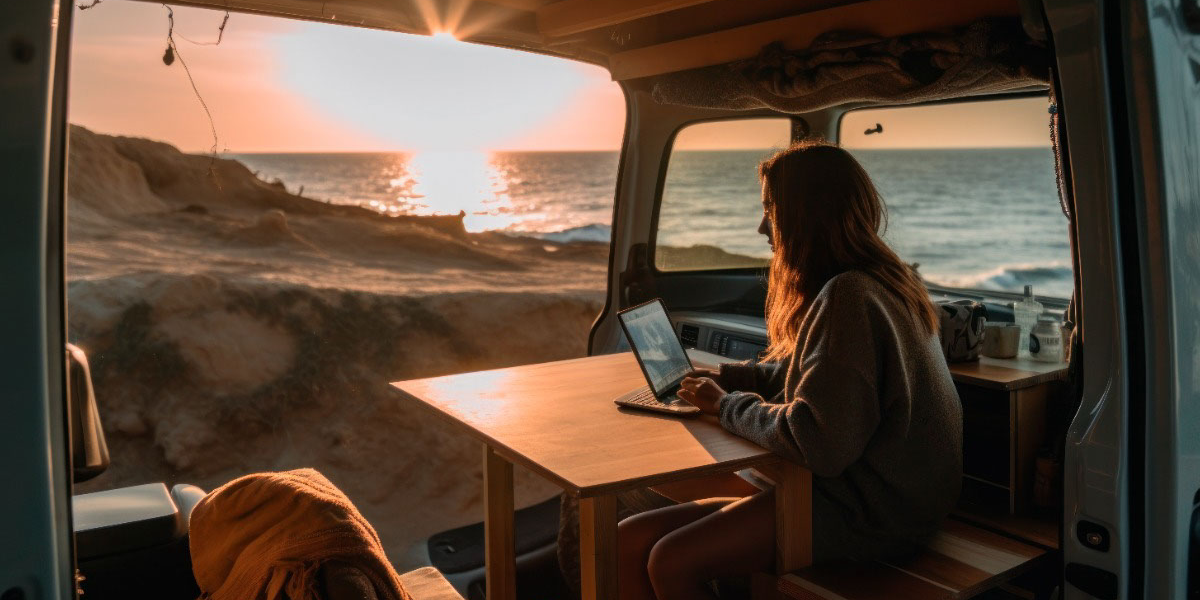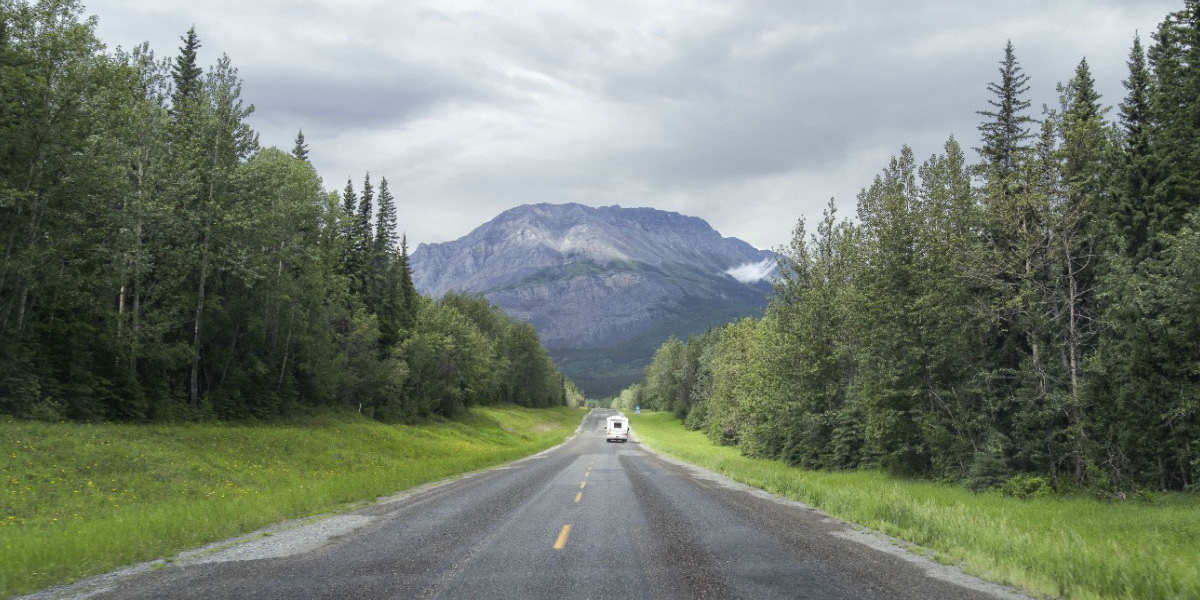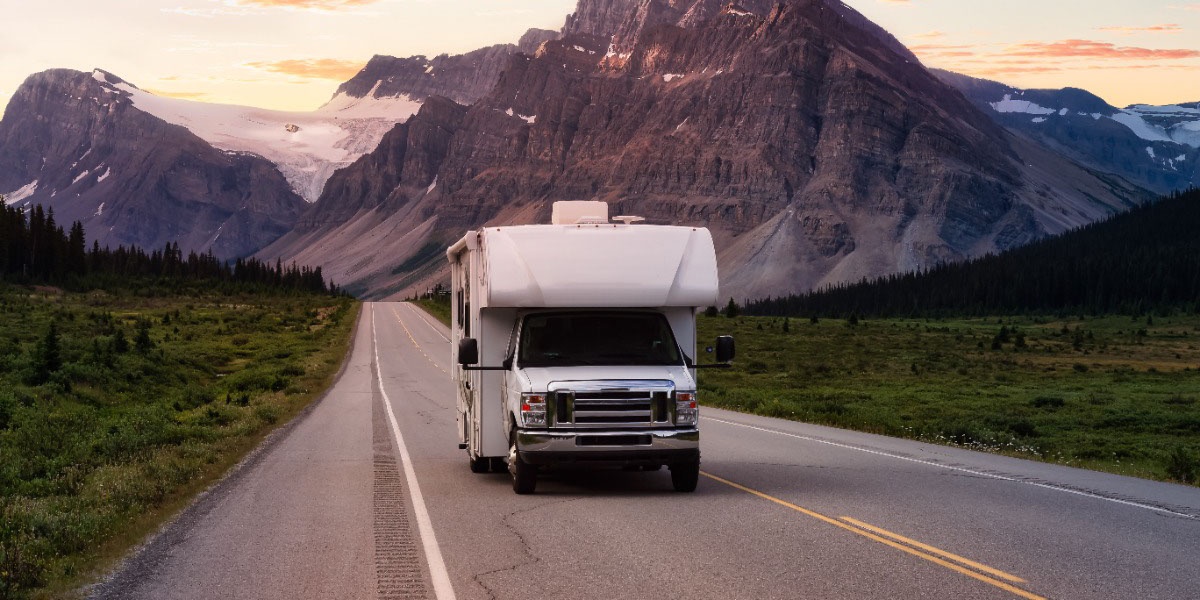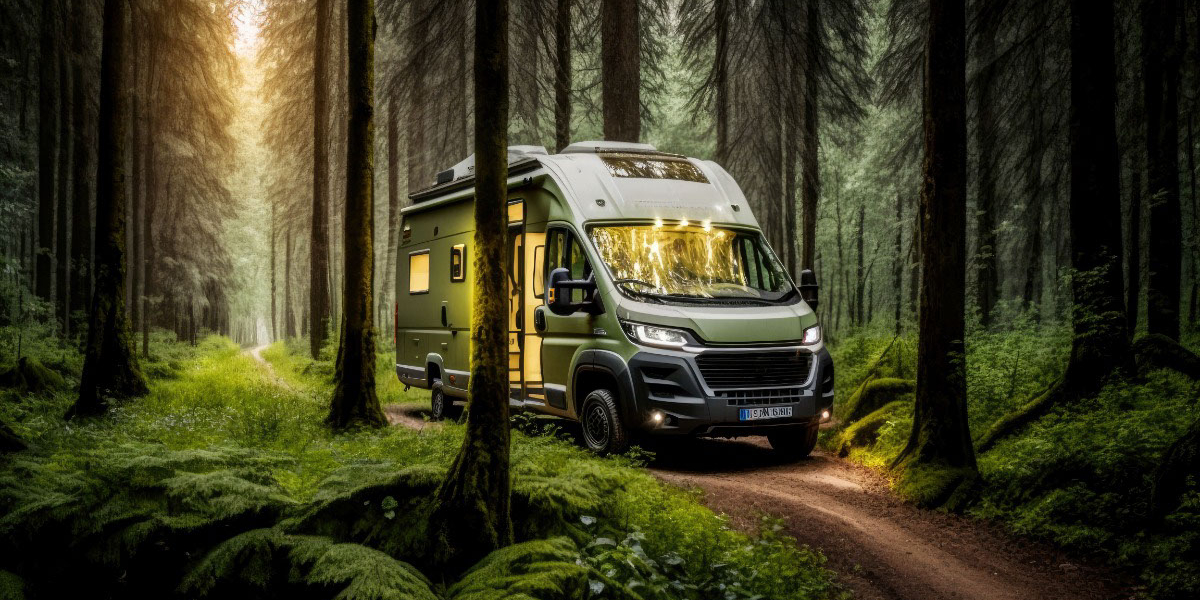If you’re trying to decide which RV is best for your upcoming adventures on the road, Class C RVs are a great option. Class C RVs are smaller than Class A RVs, but they’re bigger and more spacious than Class B camper vans, and they typically offer more amenities. Class C RVs are also frequently built on a van chassis, so they’re easier to drive than Class A RVs. Even though motorhomes aren’t well known for their stellar gas mileage, the Class C RV will get better mileage than a Class A RV.
The best part about Class C RVs is that they come in a variety of lengths, so you can find an exact model that will fit your desired lifestyle. Most Class Cs range from about 25’ to 35’, although some of the bigger motorhomes can get up to 40’.
There are many ways to enjoy the great outdoors, and buying a Class C RV can be a great way to adopt a more nomadic lifestyle and immerse yourself in nature. So, what do you need to know about buying a Class C RV before you dive in? RV Trader is sharing more information about purchasing a Class C RV below.
Interior Storage
Class C RVs are known for their distinctive over-the-cab space. It can be used as a bunk or as storage, depending on how many people you plan to travel with. If you’re traveling alone or with someone you can share a bedroom with, the space above the cab can make up for the fact that Class C RVs have less exterior-access storage areas than Class A RVs. If you have kids or a partner that snores, you might want to keep the over cab space available as an extra sleeping area.
While there are cabinets that provide an area for dishes and other cooking/eating utensils, storage space inside Class Cs tends to be limited. There are usually small closets in the bedroom and bathroom, but they’re tiny in comparison with what you probably have at home. But with a little imagination, you can add some extra storage options yourself, like pull-out drawers that you can attach to the underside of the dining room table. You can also use door hanger organizers for things like shoes and socks.
Length
What’s going to work best for you when it comes to the overall length of your rig? As mentioned earlier, Class C RVs come in a variety of lengths to accommodate just about any travel situation. If you’re planning to travel alone or with an animal companion, shorter lengths are easier to drive, maneuver, and park. If you’re going to be traveling with someone (or the entire family), you might want to think about getting a longer RV so you have more space. It depends on how claustrophobic you get when you have to spend a lot of time around others.
It also depends on how long you plan to be out in your RV for each trip. For example, if you plan to use it to take the grandkids out for the weekend, you can get by with a shorter RV and the kids can sleep in the over-cab space. Then, if you want to go out for a week at a time by yourself or with your spouse, you’ll still have plenty of room.
Cost
The bottom-line factor for most people when deciding which RV to buy is the cost. Obviously, shorter RVs are going to be less expensive to purchase, so if you’re just starting out, you might want to start small and grow from there as your adventures become longer. Your insurance will also coincide with the length of the rig. The bigger the RV, the more expensive it will be to purchase, and the higher your insurance costs. Bigger RVs also tend to get fewer miles to the gallon because they carry more weight.
Get Moving
A few additional things you’ll need to think about is if you want to buy new or used, if you want to buy from a dealer or a private seller, and whether you want to go with gasoline, diesel, or electric. Once you’ve weighed the pros and cons and have a good idea what you want and what will truly work best for your specific needs, visit RVTrader.com to browse our inventory. We have thousands of listings to choose from including new and used models from both dealers and private sellers. Using our search filters, you can narrow down your choices quickly and easily to find what you want.
Whatever you decide, we wish you a safe and happy journey as you explore our beautiful country in your new Class C RV.
By Barrett Baker
